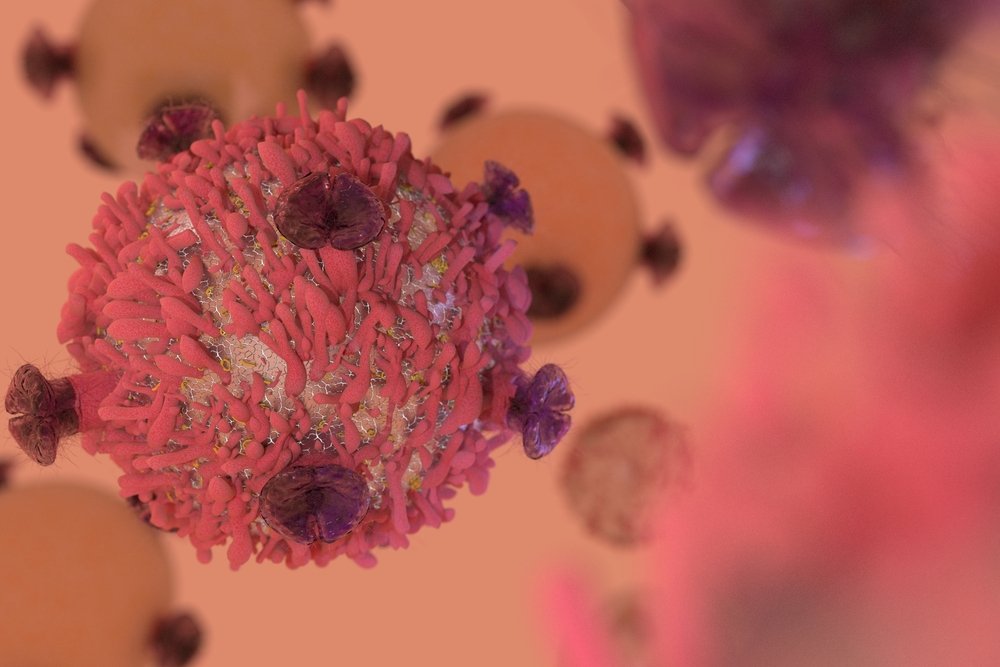Discovery of New Molecular Mechanism Inhibiting Autoantibody Production May Aid in Lupus Research

Portuguese researchers discovered a new cellular mechanism that may explain how lupus and other autoimmune diseases develop.
Their study, “T follicular helper and T follicular regulatory cells have different TCR specificity,” appeared in the journal Nature Communications.
The immune system offers protection from pathogens and diseased cells. However, a hyperactive and dysfunctional immune response can trigger autoimmunity, a condition that develops when the immune system targets healthy cells and tissues.
In this study, researchers at Portugal’s iMM Lisboa (Institute of Molecular Medicine) continued their previous observations regarding a specific group of immune cells, called T follicular helper, which they found could regulate B cells. These immune cells produce antibodies, which are used to get rid of pathogens.
The team also investigated T follicular regulatory cells, which stop the production of antibodies against human tissues. Yet there’s a fine balance between both cell types, since lack of T follicular regulatory cells or an altered ratio of T follicular helper cells to T follicular helper regulatory cells may significantly increase the risk of autoimmunity and autoantibody production.
Researchers probed how these two pools of cells are defined, looking particularly to the role of the T-cell receptor — a complex set of membrane proteins that activate T-cells in response to antigens, or molecules capable of inducing an immune response, such as proteins from bacteria or viruses.
The study concludes that the two groups of cells — T follicular helper and T follicular regulatory cells — have different antigen specificities despite being present within the same location in the lymph nodes.
Overall, these results help identify the molecular mechanisms that trigger the development of T follicular regulatory cells, which play a key role in inhibiting autoimmunity. This knowledge could eventually lead to new therapeutics for diseases like lupus.
Founded in 2002, iMM Lisboa is a leading Portuguese private nonprofit research institute that aims to nurture innovative ideas in basic, clinical and translational biomedical research.





